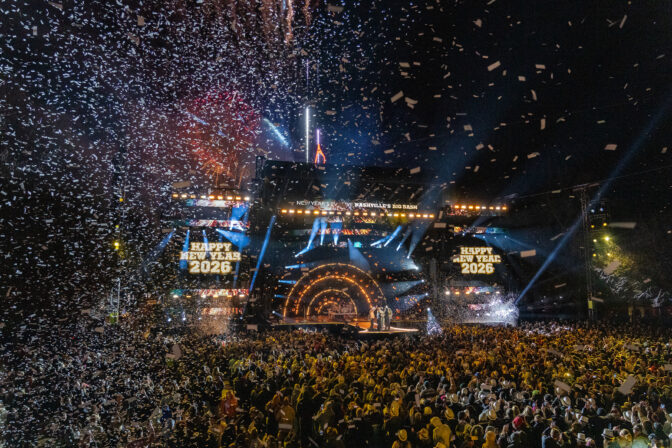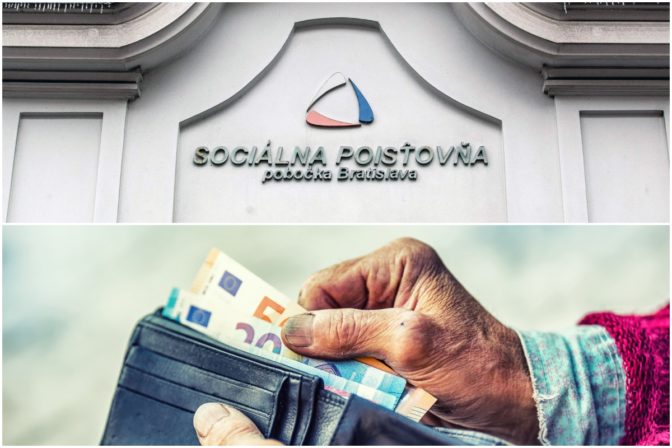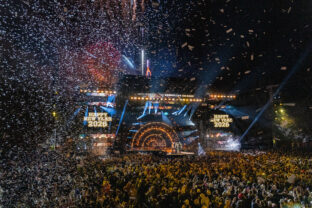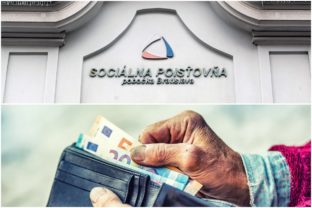BANSKA BYSTRICA, August 26, (WEBNOVINY) — This year’s central celebrations of the 67th anniversary of the Slovak National Uprising (SNP) from August 1944, organized by the SNP Museum in area around the SNP Memorial in Banska Bystrica, will traditionally begin on the eve of the main event with a concert of the State Opera Banska Bystrica and a prize award ceremony of the Club of Friends of the SNP Museum, where friends and supporters of the museum will be awarded prizes. The main part of the celebrations will begin on Monday at 11:00 a.m. with overflights of Slovak air force fighter jets over the SNP Museum. A remembrance event will follow. Among those taking part will be the most senior state representatives of the Slovak Republic, foreign delegations, and direct participants in the anti-fascist resistance. As the director of the SNP Museum Stanislav Micev said, Prime Minister Iveta Radicova, President Ivan Gasparovic, and Deputy Speakers of Parliament Robert Fico and Pavol Hrusovsky are expected to take part. The official part of the SNP anniversary celebration ends at around 13:00.
The organizers have prepared for visitors a program starting at 8:00 with a static and dynamic display of current and historical military equipment, relocation of an army convoy of historic vehicles together with the armored train Stefanik between two railway stations in Banska Bystrica. A cultural program begins at about 13:00 in the park around the SNP Memorial with a program performed by a Russian folklore group, followed with the Gypsy music band Diabolske Husle and traditional early 20th century dance music band Funny Fellows. Organizers expect around 10,000 visitors.
Since the end of World War II, Slovakia has been celebrating the SNP anniversary on August 29 as a national holiday. In the face of Nazi German troops who were entering Slovakia on August 29, 1944, because of the increasing anti-Fascist pressure on the puppet regime that governed the country, the Central Command of the Slovak Army ordered the troops to begin armed resistance, thus starting the SNP. Most Slovak historians consider the uprising the fight for basic values of a democratic society by which Slovakia joined the allied forces that defeated Nazi Germany.
SITA












